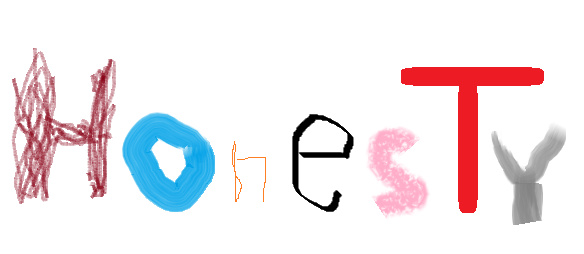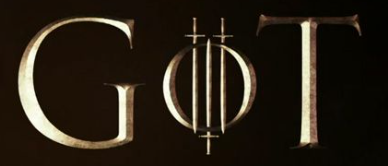A BETTER FUTURE BY DESIGN
Designers almost by definition exercise the gift of seeing into the future. This doesn’t mean that they have the gift of prophecy. It does mean that their craft implicitly forces them to create the future. They look at what current design decisions mean to the future. Their heads are filled with questions of if I change this like so, how will that affect the process and the result? This focus is what empowers designers to partner profitability with a client to catalyze future growth and innovation.
In spite of this lucrative dynamic, the client’s ride is not without its rollercoaster moments. Designers will often lead their clients into unfamiliar yet necessary territory from which the client might recoil. Yves Behar, the founder of design company Fuseproject, describes this paradoxical moment (“How to Hire a Designer” Bloomberg Businessweek , 4/11/16–4/24/16, p. 83):
“ Clients come to designers to push them out of their box and yet struggle when the design feels beyond their current reality. The most successful projects I’ve worked on have come from relationships in which my client trusts me, trusts our design strategy, and empowers us to guide them into the future. And this sense of risk and innovation should exist with every step of the process—from conception to hitting the market. ”
Thus, we know that this struggle will happen and that it is necessary for the process to achieve its positive outcomes. That is why both designer and client absolutely must focus on their primary roles within the relationship:
“ If the client can focus on defining the needs of the business (which they should be best positioned for), the designer can focus on defining the solution (and, where needed, challenge the brief). ”
When both parties follow through on that commitment, then they will create the better future by design.











